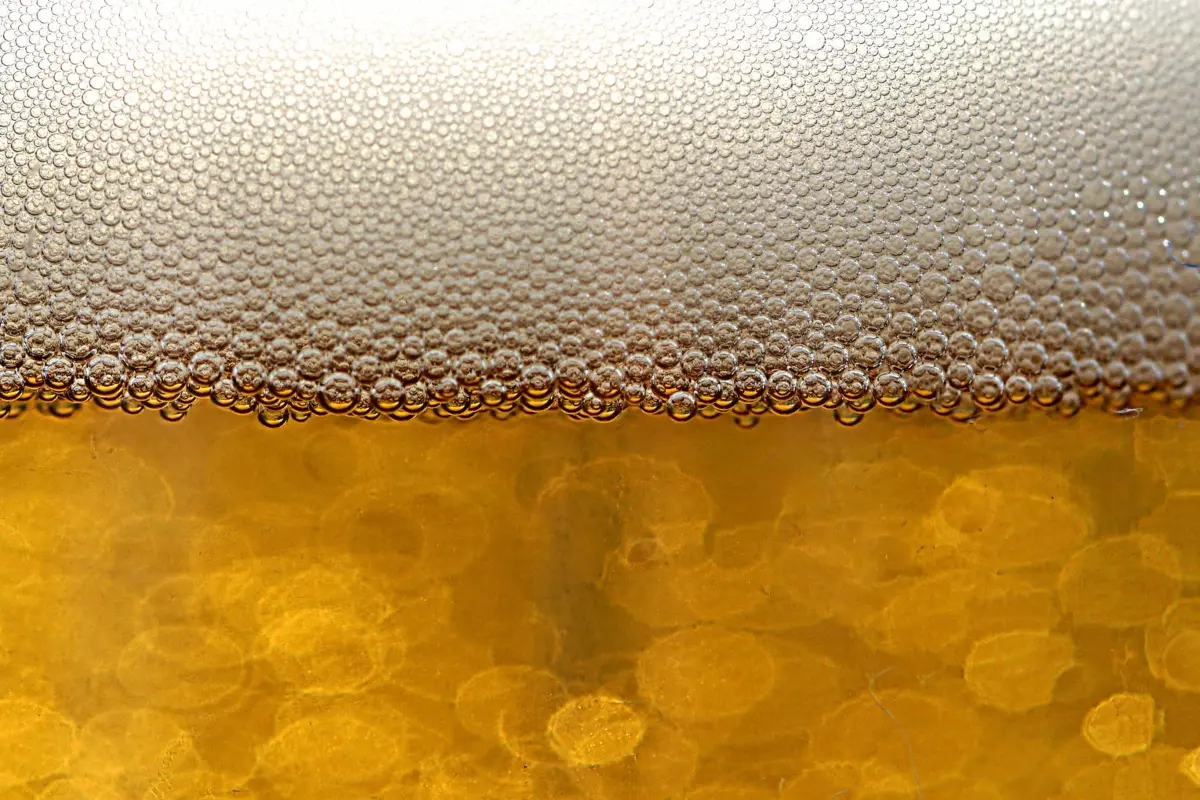
Do you want to access to this and other private contents?
Log in if you are a subscriber or click here to request service
Lager: its origin dates back two centuries
The brewing variety was born in 1602, on the initiative of the then king of Bavaria

This was revealed by a historical-scientific survey published by Oxford University Press.
lml - 31098
EFA News - European Food Agency
EFA News - European Food Agency